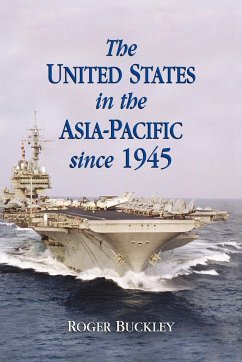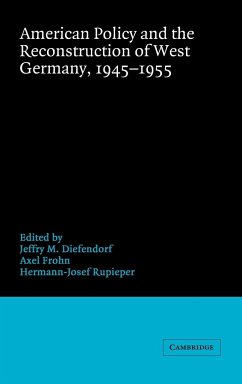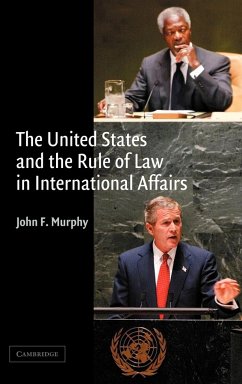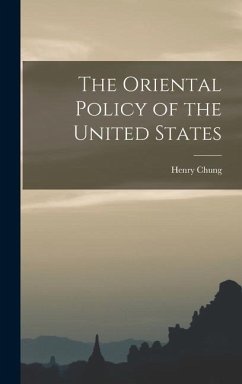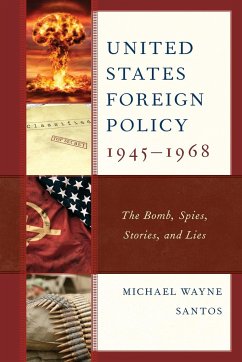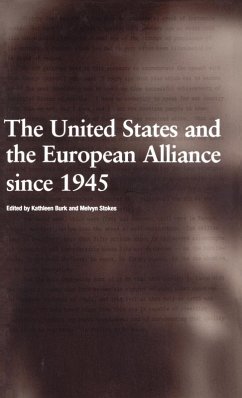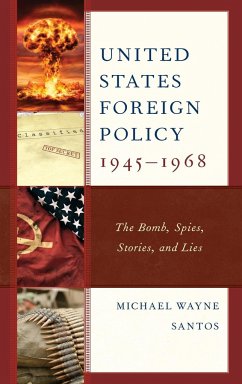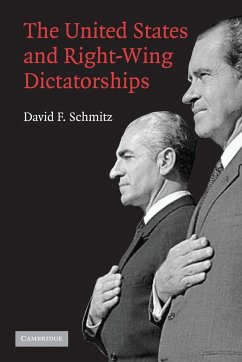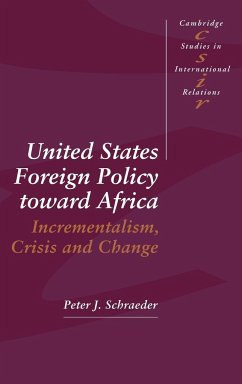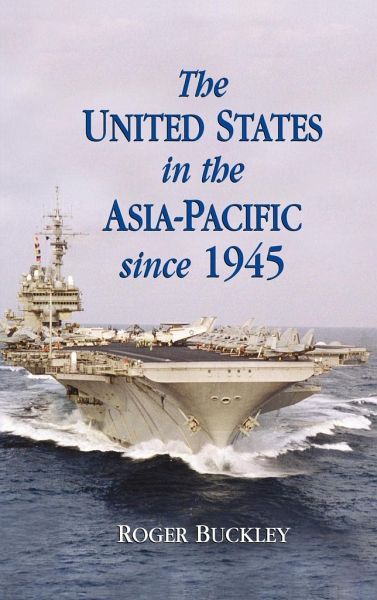
The United States in the Asia-Pacific Since 1945
Versandkostenfrei!
Versandfertig in 1-2 Wochen
110,99 €
inkl. MwSt.
Weitere Ausgaben:

PAYBACK Punkte
55 °P sammeln!
In a fast-moving and incisive narrative, Roger Buckley examines America's close and continuous relationship with the Asia-Pacific region from the end of the Pacific War to the first days of the Presidency of George W. Bush. The author traces the responses of the United States government to the major crises in the area through the Cold War decades and the initial post-Cold War years. He demonstrates how the US sought to maintain its dominant regional position through a series of security alliances and its own political, military and economic strengths. Professor Buckley examines the subject fro...
In a fast-moving and incisive narrative, Roger Buckley examines America's close and continuous relationship with the Asia-Pacific region from the end of the Pacific War to the first days of the Presidency of George W. Bush. The author traces the responses of the United States government to the major crises in the area through the Cold War decades and the initial post-Cold War years. He demonstrates how the US sought to maintain its dominant regional position through a series of security alliances and its own political, military and economic strengths. Professor Buckley examines the subject from geopolitical perspectives to provide a gateway to the understanding of a complex region certain to be of global importance in the twenty-first century.
Table of contents:
Introduction; 1. Postwar: Asia Pacific, 1945-50; 2. War: Korea, 1950-3; 3. Pstwar: Asia-Pacific, 1953-60; 4. War: Vietnam, 1960-75; 5. Postwar: Asia-Pacific, 1975-89; 6. Post-Cold War: Asia-Pacific, 1989-2000; 7. Future: Asia-Pacific, 2001-2020; 8. Conclusions.
An incisive introduction to America's relationship with the Asia-Pacific region from the end of the Pacific War to the present day it traces the responses of the United States to the major crises in the area.
An introductory survey to America's relationship with the Asia-Pacific after 1945.
Table of contents:
Introduction; 1. Postwar: Asia Pacific, 1945-50; 2. War: Korea, 1950-3; 3. Pstwar: Asia-Pacific, 1953-60; 4. War: Vietnam, 1960-75; 5. Postwar: Asia-Pacific, 1975-89; 6. Post-Cold War: Asia-Pacific, 1989-2000; 7. Future: Asia-Pacific, 2001-2020; 8. Conclusions.
An incisive introduction to America's relationship with the Asia-Pacific region from the end of the Pacific War to the present day it traces the responses of the United States to the major crises in the area.
An introductory survey to America's relationship with the Asia-Pacific after 1945.





